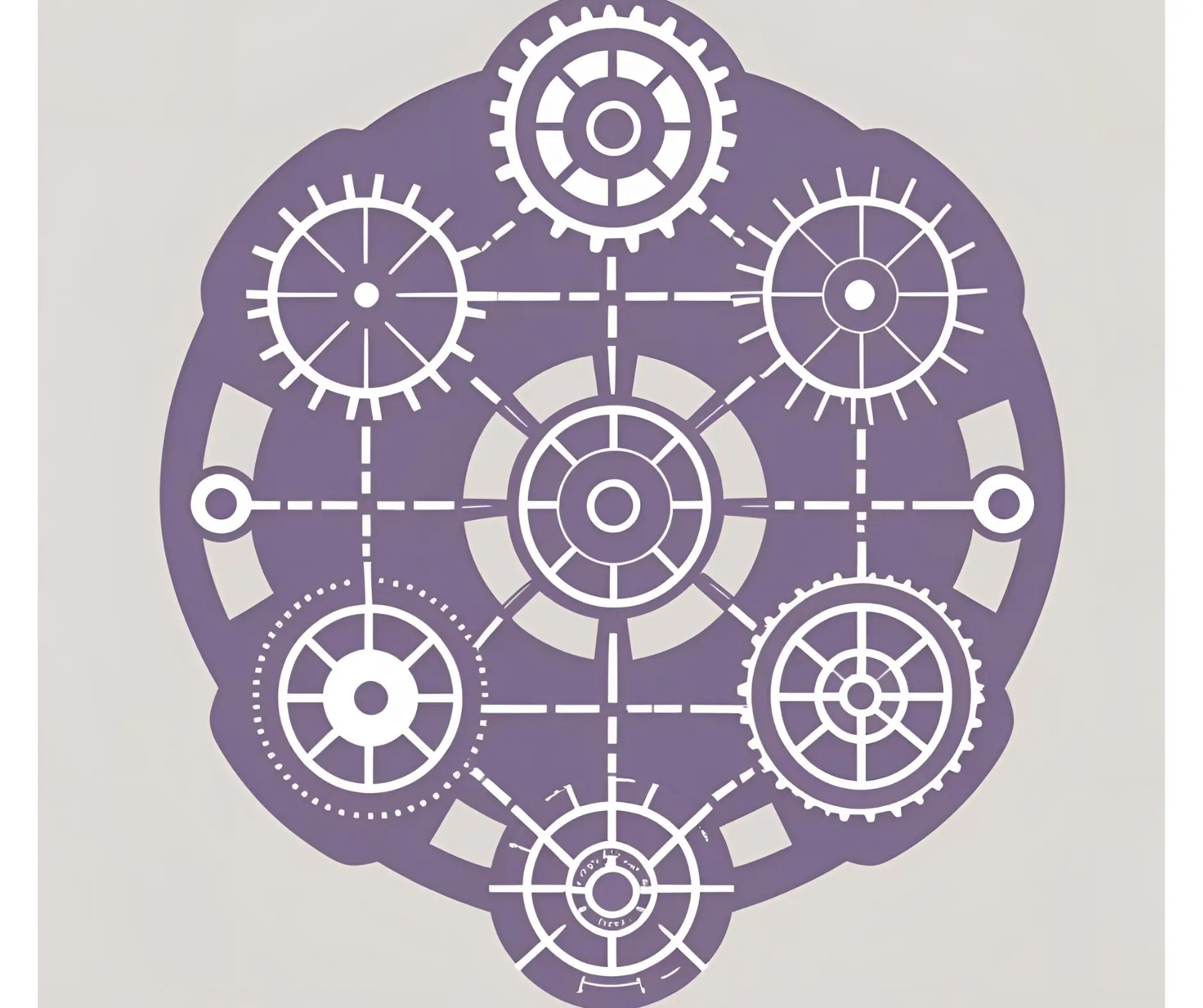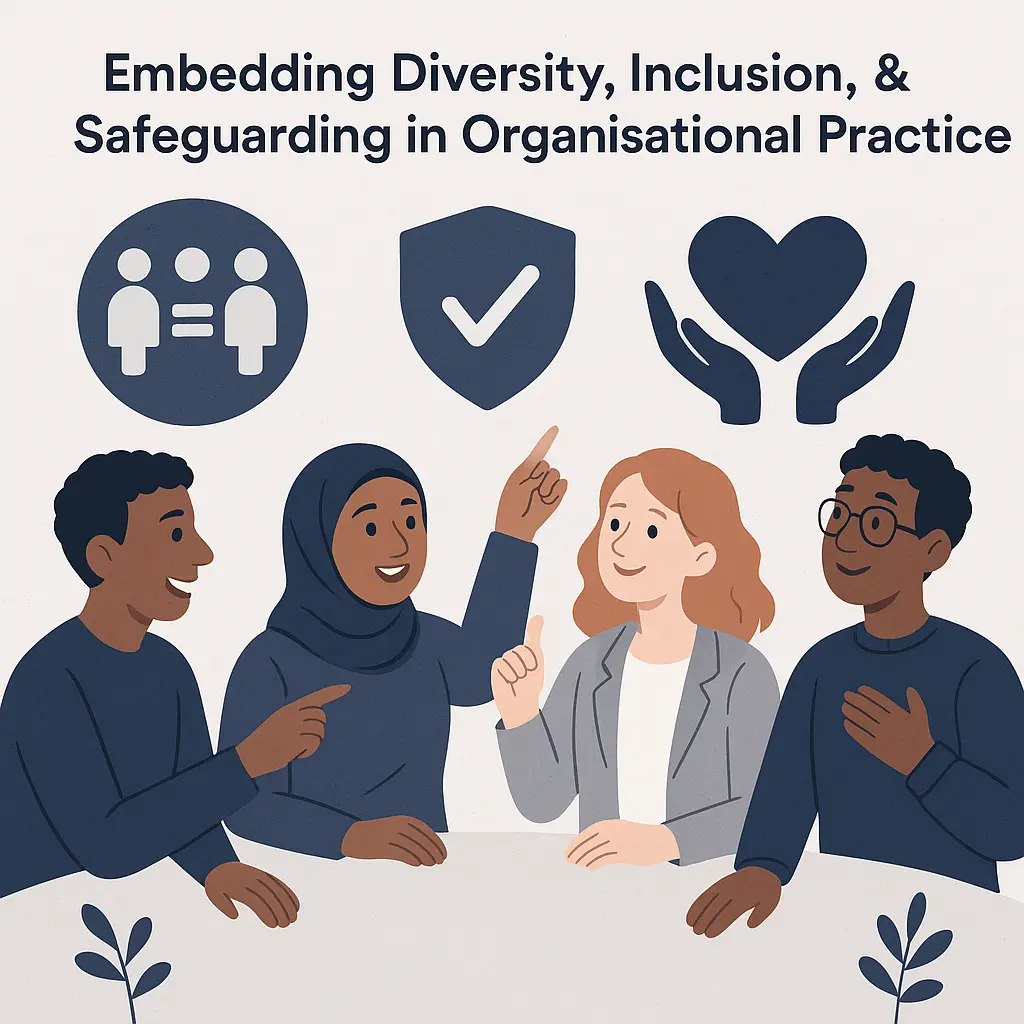Intersectional Diversity, Inclusion & Safeguarding
Embedding Diversity, Inclusion, & Safeguarding in Organisational Practice
Learn More
We approach Diversity, Inclusion, and Safeguarding (DIS) as deeply social, structural, and relational commitments, not as technical checklists. Grounded in feminist governance principles and intersectional analysis, CTDC approaches DIS as a practice of redistributing power, transforming institutional cultures, and embedding collective care into every level of organisational life.
We recognise that power is multidimensional and relational, operating across intersecting axes of gender, race, class, ability, age, migration status, and more. Central to our work is the integration of gender not as an isolated strand, but as a foundational element of diversity, inclusion, and safeguarding. Our DIS services equip clients to interrogate power, design inclusive and responsive systems, and foster organisational cultures that are not only safe, but are also just, accountable, and sustaining.

CTDC helps organisations embed inclusive, accountable, and care-driven practices across systems and cultures. We offer audits, policies, training, and survivor-centred mechanisms, tailored to your context and grounded in intersectional, justice-oriented approaches.
We conduct intersectional audits and assessments to evaluate how diversity, inclusion, and safeguarding are embedded, or excluded, within institutional structures and cultures. Our services span comprehensive DIS audits, single-issue assessments (such as gender, race, or disability), and diagnostic reviews of governance, budgets, programmes, and decision-making systems. Each assessment is tailored to the sector and context and can also be offered as a standalone service focused on feminist governance and gender sensitivity.
Learn MoreWe offer in-person and online trainings, workshops, webinars, coaching, self-paced e-education, and mentorship that build institutional capacity around inclusion, diversity, and safeguarding, which are guided by power awareness, and organisational care. Our programmes are grounded in consciousness-raising on privilege and positionality and designed to shift both technical capacities and institutional culture. Every training initiative begins with a learning needs assessment to ensure relevance and impact.
Learn MoreWe support organisations in designing, revising, and localising policies, strategies and action plans, related to diversity, inclusion, and safeguarding. This includes developing context-specific DIS and safeguarding strategies, accompanied with action plans, inclusive recruitment and procurement policies, and cross-border adaptations that align with the legal, cultural, and operational realities of transnational institutions.
Learn MoreWe design and implement survivor- and community-centred CRMs that address harm, violence, discrimination, and abuse and that are responsive to race, ethnicity, sexuality, age, disability, religion, faith, belief, gender, sex, class, marital status, caring duties, nationality, immigration, and citizenship status. Our CRM services include the development of ethical complaints systems, restorative and transformative justice strategies, administrative investigation protocols, and long-term MEAL tracking, with a focus on accountability and learning.
Learn More